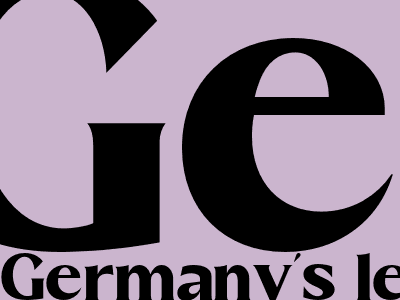
Germany’s Leader Expected to Lead Country With Minority Government After Coalition Collapse
German Chancellor Olaf Scholz is expected to lead his country with a minority government after the collapse of a coalition between his Social Democrat party (SPD), the Greens, and the Free Democratic Party (FDP).
The collapse of the coalition leaves Scholz with two options: forming a minority government or calling new elections. A minority government is a government that does not have the support of a majority of the members of the parliament. This means that Scholz will need to rely on the support of other parties in order to pass legislation.
Scholz has said that he prefers to form a minority government, but he has not ruled out calling new elections.
If Scholz does form a minority government, he will need to find a way to work with other parties in order to pass legislation. This could be difficult, as the other parties have different priorities and goals. For example, the Greens are more focused on environmental issues, while the FDP is more focused on economic issues.
If Scholz is unable to form a minority government, he will be forced to call new elections.
New elections would be held within 60 days of the collapse of the coalition. It is difficult to predict what the outcome of new elections would be. However, it is possible that the SPD could lose seats in parliament, which would make it even more difficult for Scholz to form a government.
The collapse of the coalition is a major setback for Scholz and his government.
Scholz had hoped to use his government to implement a number of reforms, including increasing the minimum wage and investing in renewable energy. However, the collapse of the coalition will make it difficult for him to achieve these goals.
The collapse of the coalition is also a sign of the growing political instability in Germany.
In recent years, Germany has been plagued by a number of political scandals and crises. This has led to a decline in public trust in the government. The collapse of the coalition is likely to further erode public trust in the government.
The collapse of the coalition is a major event in German politics.
It is unclear what the long-term consequences of the collapse will be. However, it is clear that the collapse will have a significant impact on German politics for years to come.